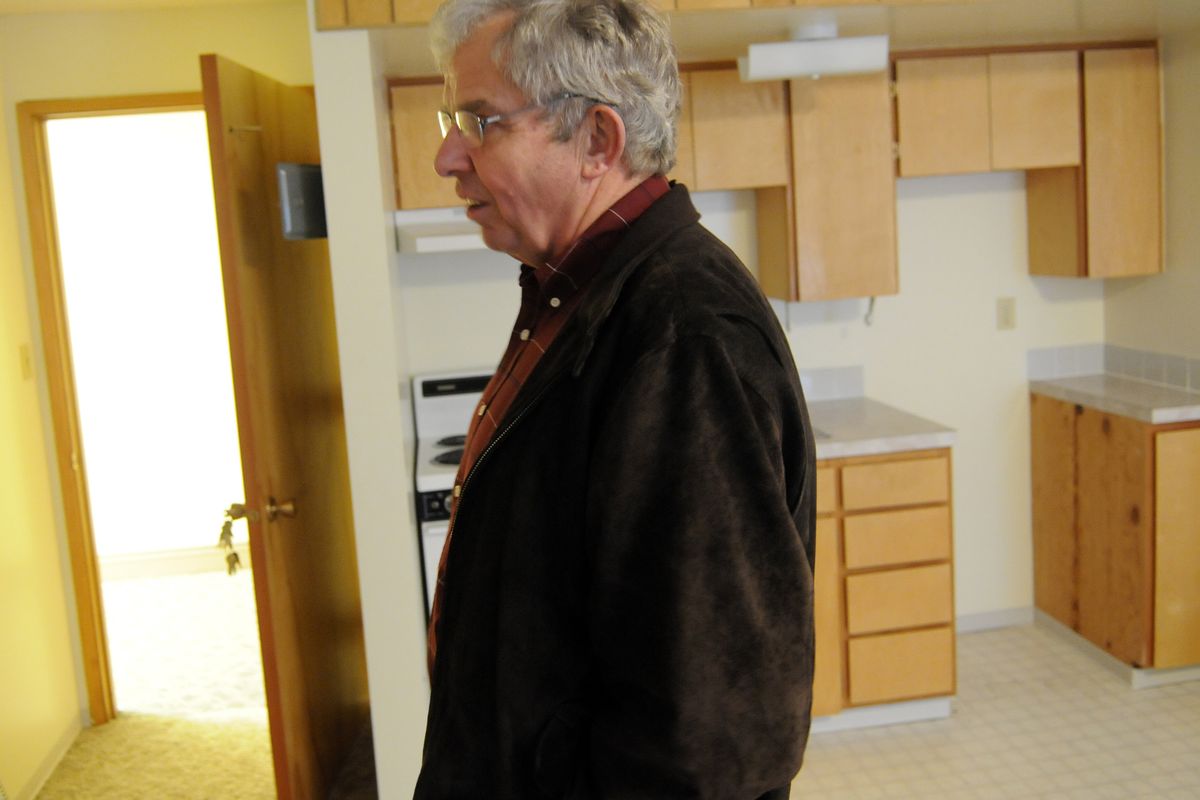Town rallies for center

It happens all the time in small towns across America. The last big employer closes up shop and the town slowly fades away. But residents of Fairfield are determined that it won’t happen to them.
When Good Samaritan announced in June 2010 that it would be closing its facility in Fairfield that offered senior apartments, assisted living and skilled nursing care, residents started looking for ways to save the facility. A town hall meeting was held and 243 people signed a letter asking Good Samaritan to consider donating the facility, which had not sold, to the town.
The group was told to form a nonprofit, and retired farmer Karl Felgenhauer jumped into the world of 501(c)(3) paperwork. Good Samaritan indicated it would donate the facility, located on a hill just outside of town, if the nonprofit was up and running by Oct. 1, Felgenhauer said. “So we got busy and had some divine guidance, I think,” he said.
The senior apartment section of the facility opened in November, but the going has been slow. There are 17 senior apartments available and only four of them are filled. Felgenhauer, president of Fairfield Care, said the organization hopes to get a license to reopen the assisted living section by spring. “We don’t need a special license for these,” he said of the apartments.
There are three styles of apartments. The one bedroom units rent for $750, the studio apartments are $600 and a “super” apartment is $900. The third option is basically two studio apartments that have been combined, with one of the bathrooms converted to a walk-in closet. All utilities are included and there are free laundry facilities and exercise equipment, plus a “fireside” room for socializing. All the apartments have kitchenettes and views of either the surrounding farmland or an enclosed courtyard with a flower garden.
Dorothy Ostheller, 84, is one of the residents. At one time she worked at the facility as a secretary and lived in the apartments before Good Samaritan shut down. She couldn’t wait to come back when it reopened under new ownership. “I like it here,” she said. “This is home. It’s close to the family.”
She and her son, John Ostheller, were spending part of a recent afternoon chatting next to the fireplace in the common room. He said he was grateful he could move his mother back to Fairfield. “This was the best thing in the world,” he said. “It’s just right on the way home.”
Dorothy Ostheller said she has gotten close to her few neighbors and would love to have the facility full again. “The staff is good to us,” she said. “They spoil us rotten.”
Right now all the staff are volunteers, Felgenhauer said. Several are signed up to come and make dinner for the residents every night. Others perform maintenance. “That’s the way it is until we can afford to hire,” he said. “We’re just rebuilding it from scratch.”
Fairfield Care has no steady income other than the monthly rent paid by residents. The nonprofit recently got a $20,000 grant from the Empire Health Foundation, and a spaghetti feed and auction held in September raised enough money to cover the cost of roof repairs. Good Samaritan left a lot of equipment behind, but not all of it. Some items will have to be replaced.
“A lot of people think we’re crazy and we might be,” Felgenhauer said. “We’re scratching and clawing. We’ll lose our whole community if we lose this. We’re determined to make it work.”
The facility has expenses it needs to cover. A large part of the facility isn’t being used yet, but they can’t simply turn out the lights and bar the door. In order to get insurance the fire suppression system must be kept charged, which means the pipes can’t be allowed to freeze. “We have to heat the place all winter long,” Felgenhauer said.
But Felgenhauer looks ahead and sees a bright future. Once more people learn that the facility is open again and once the assisted living license comes through, business should pick up and eventually the lost jobs will return. “This is a long-term project,” he said. “It’s just going to take a little sweat and tears.”